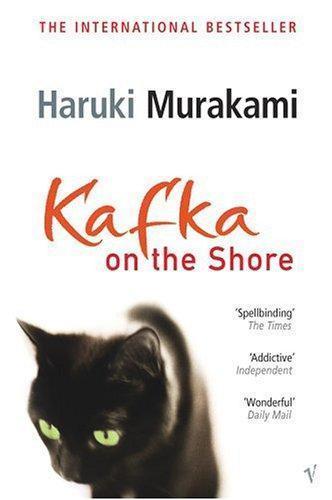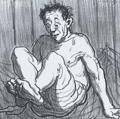hsubu reviewed Kafka on the Shore by Haruki Murakami
Review of 'Kafka on the Shore' on 'Goodreads'
4 stars
This is my first Murakami book. And I really liked his style of writing. Murakami has a knack for capturing beauty, mood, and scenery perfectly. And that is what stood out for me among all the magical realism and philosophical ideas in the book. Just like how reality can be modeled by mathematics in a much better way if imaginary numbers are used, with skillful writers like Murakami, magical worlds can convey the truth and real feelings better than hyper-realism. I do not claim to have solved all the riddles the plot posed, but I doubt that is the point of the book. Unlike his mastery of building and conveying the mood and beauty, Murakami's attempt at conveying philosophical ideas is not as successful. Some of the philosophical ideas unintentionally felt like funny philosophical arguments written by Douglas Adams. But that is just a minor gripe I have in an …
This is my first Murakami book. And I really liked his style of writing. Murakami has a knack for capturing beauty, mood, and scenery perfectly. And that is what stood out for me among all the magical realism and philosophical ideas in the book. Just like how reality can be modeled by mathematics in a much better way if imaginary numbers are used, with skillful writers like Murakami, magical worlds can convey the truth and real feelings better than hyper-realism. I do not claim to have solved all the riddles the plot posed, but I doubt that is the point of the book. Unlike his mastery of building and conveying the mood and beauty, Murakami's attempt at conveying philosophical ideas is not as successful. Some of the philosophical ideas unintentionally felt like funny philosophical arguments written by Douglas Adams. But that is just a minor gripe I have in an otherwise wonderful book. This book reminded me of the narrative style of the movie 'Mulholland Drive' by David Lynch. It has the same dreamy, interwoven narrative.
Recommended! I look forward to reading more Murakami books.


